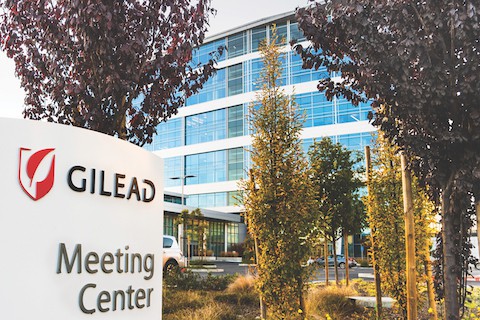
New analysis from a phase 3 double-blind, placebo-controlled trial has shown that a three-day course of Gilead’s Veklury significantly decreases the risk of hospitalisation among COVID-19 patients.
The studies, conducted by Gilead Sciences, revealed considerable insights into the use of Veklury (remdesivir) for the treatment of both hospitalised and non-hospitalised patients with COVID-19.
The first study was a retrospective observational analysis of real-world treatment data from the Premier Healthcare Database consisted of 853,219 hospitalised patients in the US.
This analysis found that more than half of hospitalised COVID-19 patients received Veklury in combination with other therapies.
A separate study, which is a new post-hoc analysis of data from the phase 3 PINETREE study, demonstrated that using Veklury within five days of symptom onset – or between five to seven days of symptom onset – reduced hospitalisations in patients at high risk for severe COVID-19 disease.
Analysis of real-world data also found that, as the pandemic progressed, the incorporation of Veklury within two days of hospitalisation increased from 41% to 91% between May 2020 and December 2021.
During this period, as new variants arose and disease severity fluctuated, median hospital length of stay decreased from seven to six days.
The research also showed that periods in which patients were reliant on intensive care also decreased from 34% to 27%, with the greatest benefit emerging in high-flow oxygen or non-invasive ventilation – a reduction from 66% to 52%.
These results confirm Veklury’s efficacy as a treatment for hospitalised patients with COVID-19, while also underlining the need to treat patients early before they become more severely ill with COVID-19.
Robert Gottlieb, from Baylor University Medical Center and Baylor Scott & White Research Institute, explained the significance of the findings: “In a pandemic, real-world analysis has a particularly important role in helping us understand how treatment choices are evolving over time as we work to discover the most effective treatment options for patients.”
“We’ve long understood that antivirals work optimally for respiratory viruses when they are given as early as possible, without delay,” he added.




